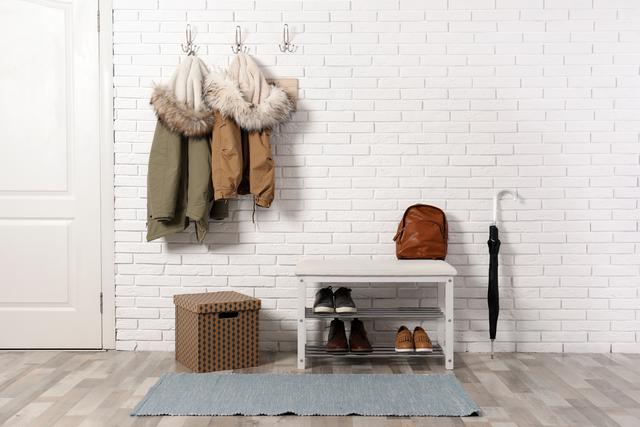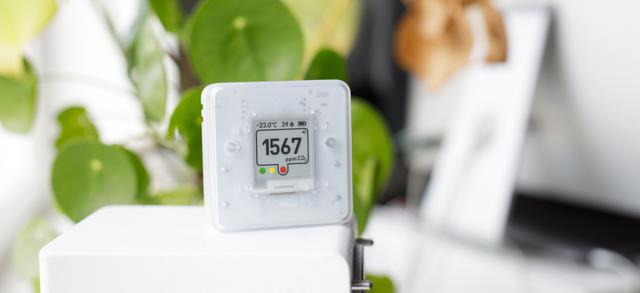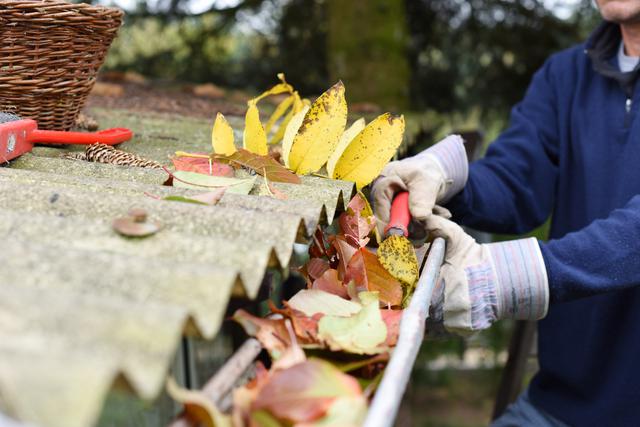There are also some neat job management software products out there now that allow for a much more connected client relationship with any contractor. On these apps, a contractor can give you regular updates on the project, upload quotes, and invoices, and even get in touch. All of these tech features are of course not required to use, but a lot of good contractors have now adopted them because they streamline the process and make things that much more transparent.
Check Your Contractor’s Record
You’ve probably heard this tip so much before that it’s like hearing a broken record, and that’s because this is one of the most proactive things you can do to ensure a good contractor relationship. One of the most reliable ways to get an idea of what a contractor can offer and what you can expect is to check out their prior work.
Ideally, you also want to get referrals from prior customers as this will give you a good idea of what the contractor’s previous client relationships were like. Another good idea is to look on the Better Business Bureau or other professional websites to see if there are any formal complaints against the contractor in question.
Bad Signs to Avoid
That being said, there are also some bad signs to be on the lookout for when choosing a contractor that works for you. These signs hint that the contractor may be unprofessional or unscrupulous, and these are obviously shortcomings that you want to avoid as they will be quite corrosive to any customer relationship.
This might sound a bit harsh, and of course, there are many hard-working and diligent contractors out there, but all the same, it is important to be proactive as a client. Failing to do so can lead to cost overruns, delays, and other unforeseen problems that could lead to headaches for you and the contractor alike.
Sketchy Cash Deals
This is arguably one of the biggest warning signs to keep a lookout for when negotiating with a contractor you are considering hiring. If somebody asks for a large payment in advance before any work has been done, this is a red flag. No good contractor will do this as it is simply a rule of thumb to pay a small deposit in the beginning and then give the bulk of the payment throughout or after the project.
This demand is even more suspicious if the contractor asks for this in cash. Requiring cash payments in a contract between a client and a contractor is not illegal, but it is unusual as it may be an indication that your contractor is off-the-books.










comments